About Qtum (QTUM)
What is Qtum (QTUM)?
Qtum (pronounced “quantum”) is a blockchain platform that combines features of both Bitcoin and Ethereum, aiming to provide an efficient and scalable solution for decentralized applications (dApps). Qtum blends Bitcoin’s robust transaction model with Ethereum’s ability to execute smart contracts and run decentralized programs. This unique combination is designed to appeal to developers who seek the reliability of Bitcoin’s transaction model, while also taking advantage of Ethereum’s flexibility and programmability.
Qtum’s key offering is its ability to create and execute smart contracts on a blockchain that retains the security and decentralization benefits of Bitcoin’s architecture, offering an alternative to Ethereum. Its native cryptocurrency, QTUM, is used for transaction fees, staking, and governance, providing users with the opportunity to participate in the network’s development.

How Does Qtum Work?
Qtum operates by blending two fundamental aspects of Bitcoin and Ethereum:
- Bitcoin’s UTXO Model: Qtum uses the Unspent Transaction Output (UTXO) model for transaction management, which is the same model used by Bitcoin. The UTXO model tracks the ownership of coins by creating a record of all unspent transaction outputs. This allows for a highly secure and robust transaction processing system that is reliable and efficient.
- Ethereum’s Virtual Machine (EVM): On top of the Bitcoin-like UTXO model, Qtum incorporates a virtual machine that functions similarly to Ethereum’s Ethereum Virtual Machine (EVM). The EVM is responsible for executing smart contracts and running decentralized applications (dApps). This allows developers to create and deploy Ethereum-like smart contracts on the Qtum blockchain, while maintaining the security features of Bitcoin.
The combination of the UTXO model and the EVM provides Qtum with a high level of flexibility, as it can accommodate smart contracts while maintaining the robustness and decentralization of Bitcoin.
Key Features of Qtum
- Account Abstraction Layer (AAL):
- The Account Abstraction Layer (AAL) is a key innovation of Qtum. This technology allows the blockchain to bridge the two different layers (Bitcoin’s UTXO model and Ethereum’s smart contract layer). The AAL makes it possible to execute and handle smart contracts on the Qtum network, creating a seamless integration of the transaction model and smart contract capabilities. Essentially, it abstracts the complexities between Bitcoin’s model and Ethereum’s virtual machine.
- Mutualized Proof-of-Stake (MPoS):
- Qtum uses a variation of Proof-of-Stake (PoS) known as Mutualized Proof-of-Stake (MPoS) to secure its network. In MPoS, validators must stake QTUM tokens in a wallet to participate in the validation process. In exchange for validating transactions and securing the network, stakers are rewarded with newly minted QTUM tokens as well as transaction fees. The key difference with MPoS is that the rewards are distributed not only to the block-producing node but also to the nine preceding blocks, creating a more decentralized validation process and reducing the risk of attacks by masking the immediate block reward amount.
- Smart Contracts:
- With its Ethereum-compatible virtual machine, Qtum supports the creation and execution of smart contracts. These contracts can be used to create decentralized applications (dApps) that run on the Qtum blockchain. Developers can use familiar Ethereum tools and languages (such as Solidity) to build on Qtum.
- Cross-Platform Compatibility:
- Qtum aims to provide interoperability between different blockchains. Its compatibility with Ethereum allows dApps and smart contracts from Ethereum to be easily ported over to Qtum, creating a bridge between two of the most significant blockchain ecosystems.
- Governance:
- QTUM holders can participate in the governance of the Qtum network. This means that token holders have a say in the future direction of the protocol, including protocol upgrades and network changes. The governance system is on-chain, ensuring that decisions are decentralized and driven by the community.
Use Cases for Qtum (QTUM)
- Decentralized Applications (dApps):
- Qtum’s ability to execute Ethereum-compatible smart contracts makes it a viable platform for the creation and deployment of dApps. Developers can build decentralized applications for various industries, such as finance, gaming, supply chain, and healthcare, using Qtum’s robust blockchain infrastructure.
- Staking and Network Security:
- By using Mutualized Proof-of-Stake (MPoS), Qtum ensures that its network is secured through staking. QTUM holders can stake their tokens to participate in consensus, validate transactions, and earn rewards. This offers an alternative to the energy-intensive Proof-of-Work systems used by Bitcoin and other cryptocurrencies.
- Cross-Chain Interoperability:
- Qtum supports cross-chain communication, allowing for the seamless transfer of data and assets between different blockchains. This opens up the possibility for cross-chain dApps that can operate across multiple blockchain networks.
- Token Issuance:
- Qtum’s blockchain allows for the issuance of custom tokens and smart contract functionality. This can be used for a variety of purposes, such as launching new decentralized projects, creating tokenized assets, or issuing governance tokens for decentralized organizations.
The History of Qtum (QTUM)
Qtum was founded in 2016 by Patrick Dai, Jordan Earls, and Nehemiah. The project was developed by the Qtum Foundation, a non-profit organization based in Singapore. The Qtum team set out to create a hybrid blockchain solution that combined the best features of Bitcoin and Ethereum, targeting developers who wanted the stability of Bitcoin with the programmability of Ethereum.
In 2017, Qtum held an Initial Coin Offering (ICO), raising $15 million by selling 51% of the total supply of 100 million QTUM tokens. The funds were used to finance the development of the Qtum blockchain and ecosystem. Qtum went live in October 2017, and since then, it has continued to grow its ecosystem and support the development of decentralized applications on its platform.


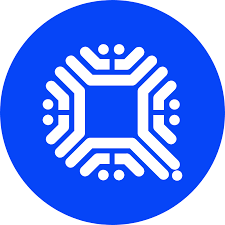
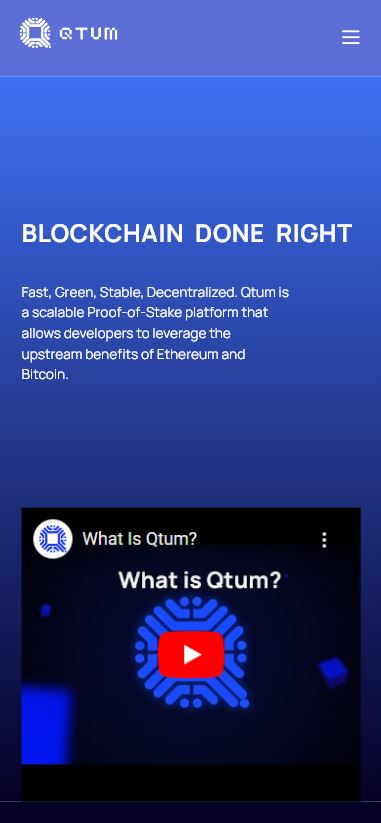
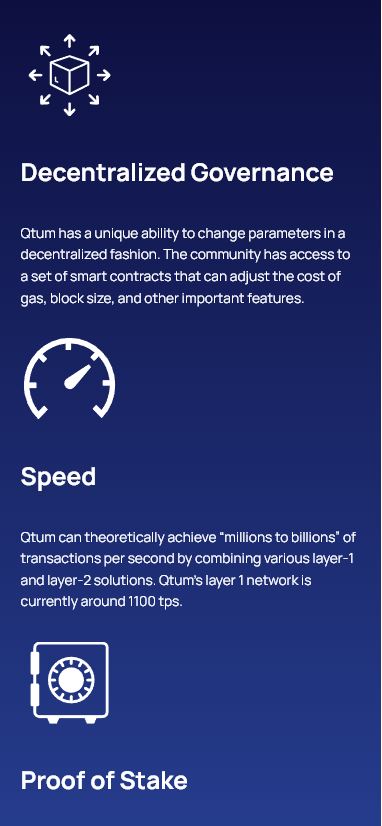
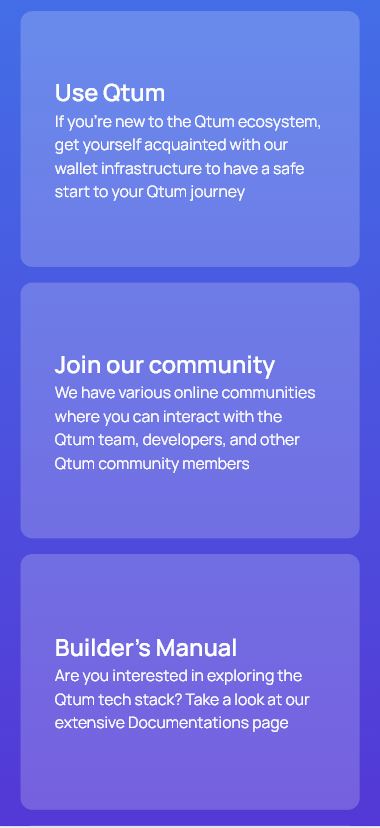
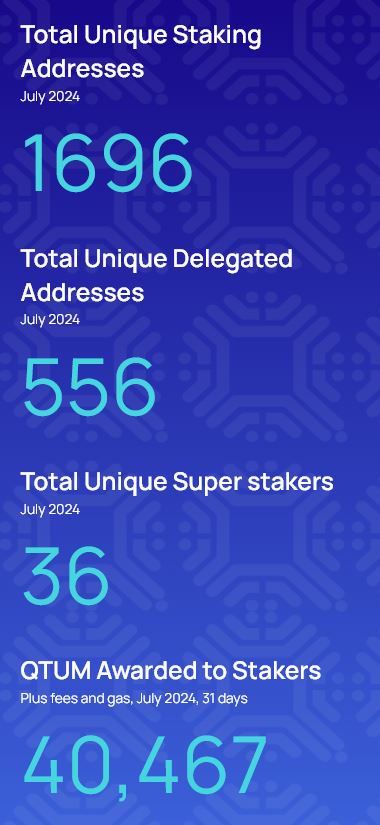
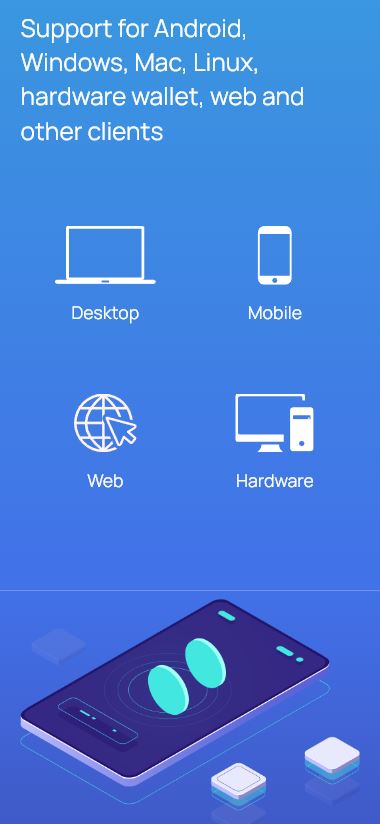







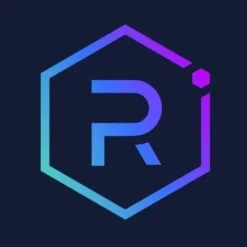






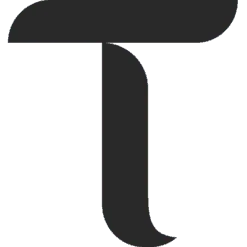

Reviews
There are no reviews yet.